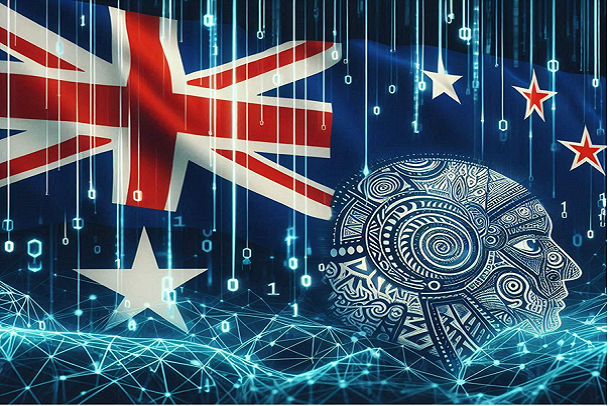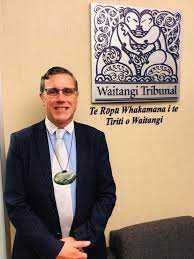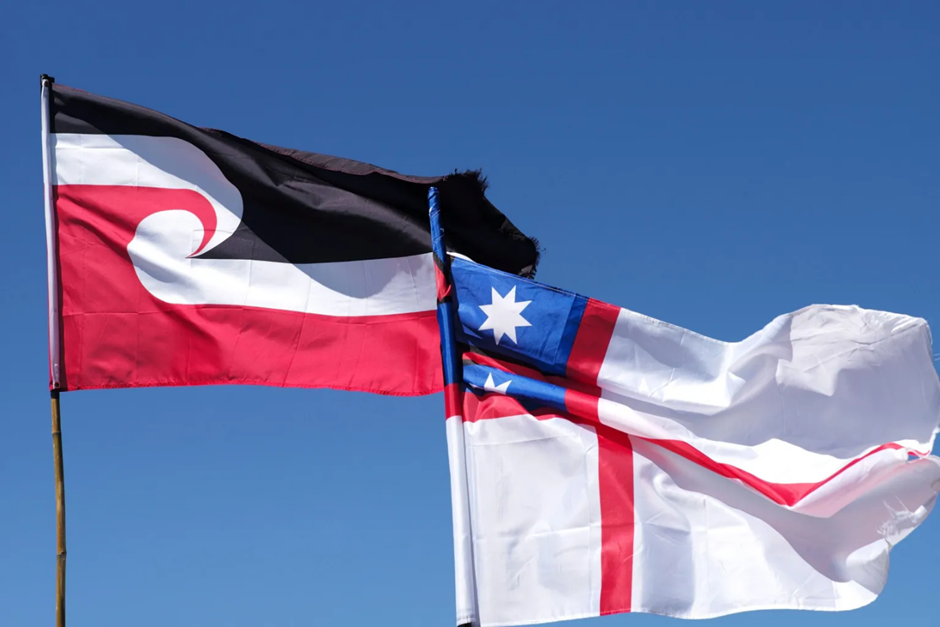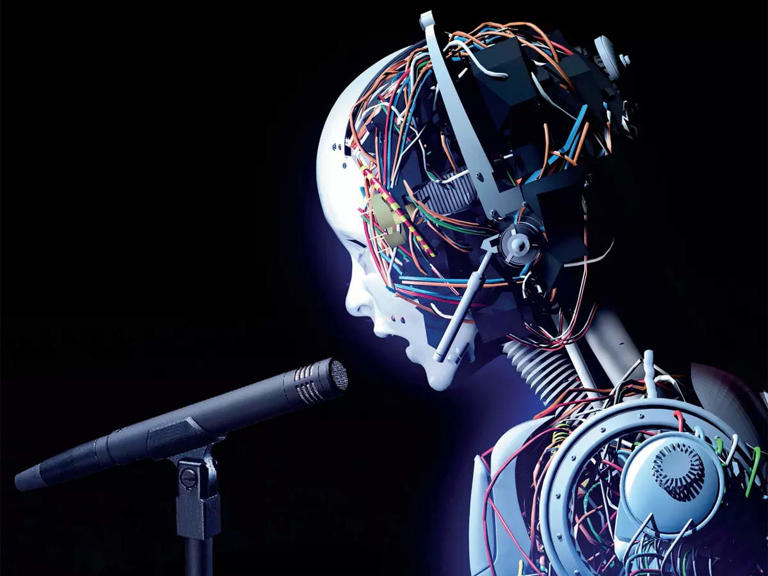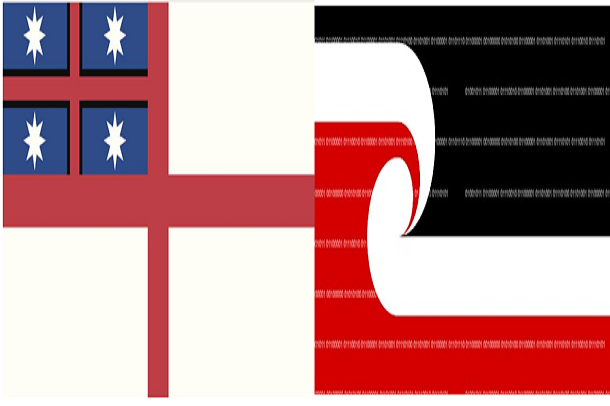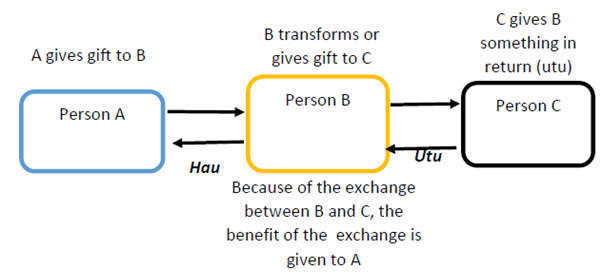The digital future is being written right now. AI is already here. Māori are at a crossroads. Māori Data Sovereignty is now a must.
In an increasingly digitised world, Artificial Intelligence systems and algorithms shape key aspects of daily life, from healthcare to law enforcement. However, these technologies are often developed without sufficient regard for the cultural, historical, and social contexts of Māori in Aotearoa/New Zealand. As a result, Māori communities face heightened vulnerability to biased AI models that perpetuate stereotypes, deepen inequalities, and exacerbate historical marginalisation.
AI and machine learning algorithms depend entirely on data for their development. When training data is incomplete, unrepresentative, or culturally biased, AI systems perpetuate harmful stereotypes and make inaccurate predictions. Māori communities face particular risks because their data is often underrepresented or misinterpreted in mainstream datasets. Criminal justice AI systems rely on historical data that reflects existing biases against Māori people, resulting in discriminatory outcomes like over-policing and unjust sentencing. Similarly, predictive models in education and healthcare fail to recognise the specific needs and strengths of Māori individuals, further entrenching systemic inequalities.
Māori data sovereignty represents a Te Tiriti framework obligation requiring that Māori communities control, govern, and benefit from data about themselves. This principle aligns with the broader Indigenous data sovereignty movement, which protects Indigenous knowledge systems, privacy, and cultural integrity within digital spaces. When Māori communities govern their own data, they can curate and ensure that AI systems accurately reflect their lived experiences and cultural values, acting as a safeguard against algorithmic bias.
The unregulated use of Māori data in AI systems risks cultural misrepresentation and distortion. Māori worldviews, values, and knowledge systems are distinct and cannot be adequately understood through Western data models. AI systems trained without Māori cultural input may fail to recognise the significance of Māori practices, beliefs, and customs. In healthcare, for instance, AI systems may not address the unique needs of Māori patients or incorporate traditional healing practices, potentially leading to suboptimal care or harm. Similarly, AI models that fail to incorporate te reo Māori or Māori concepts of health and wellbeing risk misrepresenting or undermining Māori knowledge systems.
The development of AI technologies has the potential to either address or exacerbate social inequalities. If Māori communities are excluded from decision-making processes surrounding AI creation and deployment, technological advancements will not reflect their needs, interests, or priorities. This exclusion is particularly problematic given the increasing reliance on AI in healthcare, housing, and employment, where biased algorithms can profoundly impact Māori individuals and communities. Māori data sovereignty enables Māori to assert their rights in the technological realm, ensuring that AI systems promote equity and justice while remaining culturally competent and responsive to specific Māori challenges.
Privacy and autonomy protection forms a fundamental aspect of Māori data sovereignty. Without adequate oversight, Māori data may be exploited for commercial purposes, used for surveillance, or shared without consent in ways that violate autonomy or impose external control. Establishing Māori data governance frameworks based on Te Tiriti enables communities to safeguard member privacy and set clear guidelines for data use in research, policy development, and technological innovation.
The exploitation of Indigenous data is not new. Historically, Māori data has been collected and used by governments and research institutions without consultation, consent, or consideration of Māori perspectives, contributing to community marginalisation and disenfranchisement. Māori data sovereignty represents an effort to reclaim control over historically extracted or misused data and knowledge. By asserting control over their data, Māori communities can reverse past harms and ensure their data is used in ways that align with their values, priorities, and cultural imperatives.
For Māori, data is not merely a resource but an expression of identity, culture, and history, a taonga. Data sovereignty is deeply connected to protecting cultural security and preserving language, traditions, and worldviews. Without the ability to govern their data, Māori are vulnerable to erasure or distortion of their cultural identity in digital spaces. Māori data sovereignty ensures communities have the power to protect and promote their cultural identity, ensuring digital systems respect and reflect their worldview, essential for the long-term sustainability of Māori culture in a rapidly evolving technological landscape.
Māori data sovereignty serves as an essential mechanism for safeguarding Māori communities from harmful effects of AI bias and algorithmic discrimination. By maintaining control over their data, Māori can ensure AI systems are developed in ways that respect cultural values, protect privacy, and address historical injustices. As AI continues to shape societal outcomes, Māori must have the ability to govern their own data, ensuring technological advancements contribute to equity, justice, and cultural preservation rather than reinforcing existing inequalities. The future of AI development must be inclusive and participatory, with Māori data sovereignty playing a central role in fostering a more equitable digital future.
This article used Chat GPT5 and Claude for refining ideas and testing.

